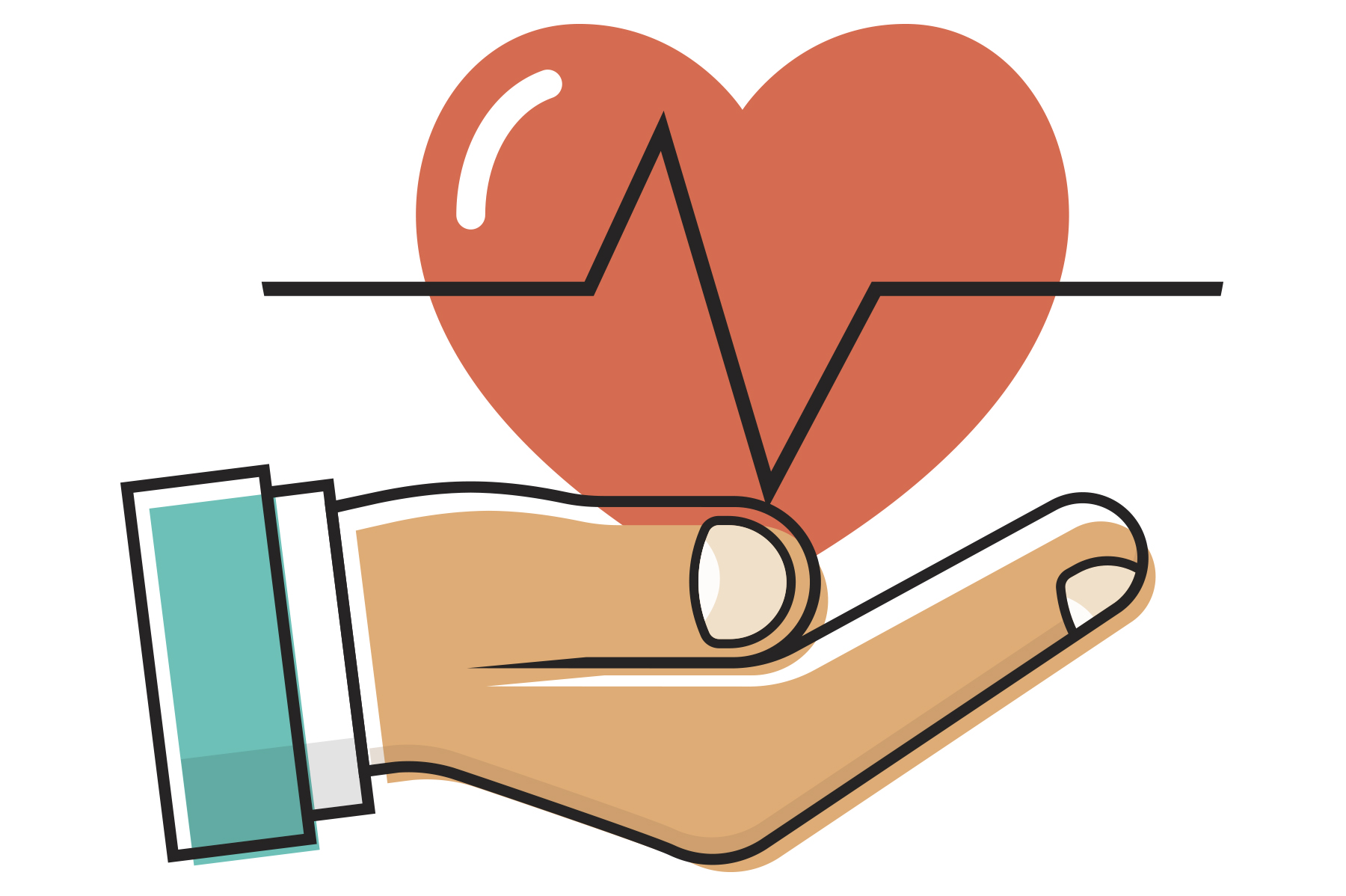
Over the past few years the global prevalence of diabetes has considerably risen and more so here in Oman. It is a major cause of blindness, heart attacks, stroke, kidney failure, and more. Hence it is very important that a person who suffers from diabetes should pay more attention to their condition as it might affect the other systems in the body and can increase the chance of heart attack as well as stroke.
The high level of glucose in the blood damages the walls of the arteries with the development and buildup of fatty deposits. Evidences from previous studies indicate that controlling diabetes along with other risk factors for example blood pressure and cholesterol will definitely reduce or lower the risk of heart diseases.
When an individual has too much glucose (sugar) in the blood which occurs when the pancreas cannot produce enough insulin to keep blood glucose levels in the normal range it means that a person is suffering from diabetes. Eventually sugar builds up in the bloodstream.
Insulin is a hormone and it is produced by the pancreas. It helps to transport glucose from the blood supply into fat tissues and muscle cells, where it can be used for energy. In addition, it switches off the liver once the level of glucose in the blood is high enough; as glucose usually gets stored in the liver and it ensures a constant supply even when a person has not eaten.
In type 1 diabetes, the body produces little or no insulin and therefore, it is unable to use glucose for energy. So people with type 1 diabetes are dependent on daily insulin injections for their survival. If they don’t take insulin their health rapidly deteriorates and can cause death too.
Researches indicate that genetic factors as well as some environmental factors might contribute to type 1 diabetes. Type 2 diabetes is considered to be very common compared to type 1. Patients who suffers from type 2 diabetes, their pancreas makes insulin but the production is either sluggish or their body is resistant to insulin commonly found among overweight people. Since the body is not able to effectively use the glucose as an energy source this will result in increase in blood glucose levels and progressively lead to complications like heart attack and stroke.
There are numerous risk factors that might trigger this type of diabetes. For example being overweight, having a large waist circumference which indicates accumulation of fats in the abdominal area, bad dietary habits, lack of physical activity (sedentary lifestyle), high blood pressure, high blood cholesterol level, and more.
Sadly many people don’t realise that having diabetes means a greater chance of heart problems such as a heart attack or stroke. Therefore, taking care of diabetes can also help a person take care of his/her heart. The most important strategy in diabetic heart disease is to control glucose level.
The other strategies for preventing diabetic heart disease are weight control, diet control, weight reduction, regular physical activity, blood pressure, and cholesterol level control. Also one should take the prescribed medications regularly.
Attention to lifestyle modification can dramatically reduce type 2 diabetes. Weight reduction is extremely effective and improves both risks of diabetes as well as control risk of heart diseases.
Risk of diabetic heart disease reduces with sustained physical activity. Therefore, regular moderate physical activity is needed.
Beside lifestyle modification one should also be aware of signs and symptoms of heart attack like chest pain. The pain sometimes might occur at the back, shoulder, and jaw. Signs of stroke include weakness on one side of the body. It also can cause trouble in walking, seeing, or speaking.
If you get these signs and symptoms you need to act fast and rush to the nearest hospital. Taking care and controlling your diabetes will certainly reduce your chance of having heart attack or stroke.
[email protected]
Dr Matlooba Ayoub Al Zadjali MD, MPH, Dip Cardiology, CCT-OMSB, and PhD is Cardiologist & Public Health Physician